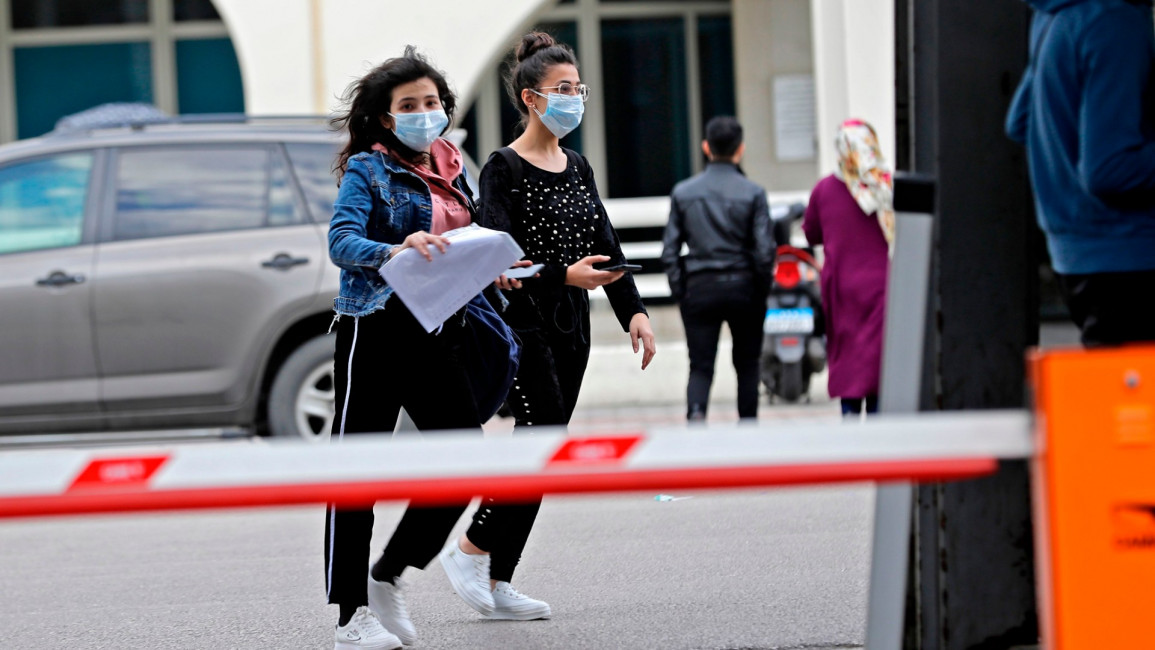Follow us on Facebook, Twitter and Instagram to stay connected
No new coronavirus cases in Lebanon in past 24 hours as country slows spread
Lebanon recorded no new coronavirus cases in the last 24 hours for the first time during the country’s outbreak, the health ministry said in its daily report on Tuesday.
It said that after 487 tests conducted in the last 24 hours the number of infections stood at 677, with 21 deaths.
The Lebanese government has enacted a lockdown which has been in place since the middle March.
Under quarantine conditions, people can only leave their homes to buy food or medicine, and post businesses are closed.
An overnight curfew also bans going outside between 8pm and 5am, with security forces enforcing curbs.
This comes as Lebanon's parliament plans to
vote on legislation this week that would see the release of thousands of prisoners arrested for non-violent crimes.
Two seperate laws will be introduced for a vote in a three-day parliamentary session beginning on Tuesday.
|
Legislation to grant pardons to non-violent convicts has long been called for by the families of those detained or wanted for misdemeanours and crimes such as drug use, cannabis production and celebratory gunfire.
The coronavirus pandemic has pushed lawmakers to act and ease overcrowding in Lebanon's prisons in order to avoid a devestating outbreak. Overcrowding is rife, with Lebanon's largest prison, Roumieh, running at 300 percent capacity.
"The Lebanese state has failed to solve the overcrowding problem for a long time.
"Prisoners are not being afforded their rights as citizens, and we can't let them pay a very high price for the failure of successive governments," MP Michel Moussa, a co-sponsor of one of the bills, told Al Jazeera. "This is a humanitarian issue."
Both bills propose a reduction in all prison sentences by either a half or two-thirds, and the conversion of death sentences to hard labour for 25 years.
Only prisoners convicted of a small number of crimes would be eligible for release, with those involved in crimes such as murder, money laundering and human trafficking exempt.
One proposal, a bill forwarded by MP Bahia Hariri, also exempts environmental crimes and crimes covered by a 2014 domestic violence law.
Legal experts say both pieces of legislation are flawed in that they do not specifically name crimes eligible for pardons but rather limit the amnesty via exemptions.
Proponents of an amnesty believe deeper reform is required in order to prevent recidivism.
"These prisoners will come out to a world of social crisis - no life, no work, no bread," Mazloum said. "They will come out and either join the protests on the streets or be forced to do something wrong again."
Agencies contributed to this report.


